Boston, April 2019
I want to thank Mr. Jonathan Krivine (CAS ’72) of New York for his abiding support of the series. Jonathan is passionate about Israeli-Palestinian peace making. It runs in his family. It is a commitment characteristic of a certain generation. The Israeli poet A. B. Yehoshua writes about this commitment, one he has long represented himself. In a recent article in the Guardian, Yehoshua is quoted as follows.
“I remember the [1948] war of independence. We were a small community, attacked by seven Arab states. And really they wanted to wipe us from Earth. But I never heard people speaking about the Arabs in a racist way. Even though justice was on our side. Now the Arabs are very – very – weak, so you can permit yourself to speak like this about the Arabs. Then there was respect. You spoke about peace because you were afraid. Now,” – and he begins to channel the voice of the Israeli everyman – “‘I don’t need peace, what do I need peace for? Because of Syria, which is totally in chaos? And Iraq, which is in ruins? And all the Arabs are killing each other! What do I need peace for?’” And so “the racist and nationalist” discourse rises, a reaction to the weakness of the Arab nations that have arrived, says the writer, at “one of the terrible moments in their history”.
[Source: Jonathan Freedland for the Guardian]
When I read these lines I was reminded of something Peter Beinart, our 2019 Rabin Lecturer, and Rachel Fish, one of our panelists, agreed on. Both underscored the need to hear Palestinian voices. To include Palestinians in our conversations. To rebuild mutual respect.
I was pleasantly surprised by this agreement. I have often wondered why, on the op-ed pages of our liberal newspapers, we so rarely read the opinions of Palestinians. Much of the liberal conversation about the Israel-Palestine amounts to nothing but an internal conversation between post-Zionist and neo-Zionist Jews about the future of Israel. Clearly, this is not enough.
I am glad we have the Rabin Lecture Series at BU. I hope we will include more and different voices, including Palestinian ones, in the future. There is no other way, if we are serious about the legacy of Yitzhak Rabin who gave his life to the preservation of Israel as a Jewish and democratic state.
Passover celebrates our Exodus from Egypt, our passage from slavery to freedom. But let us remember the midrash that tells of the conversation in heaven, when the angels joined in the triumphant chorus of the Israelites witnessing the drowning of Pharaoh’s army in the Red Sea. “How can you jubilate when my creatures are dying?” This is how the rabbis imagine the Holy One to have responded. We have much to learn.
Michael Zank
Director, The Elie Wiesel Center for Jewish Studies

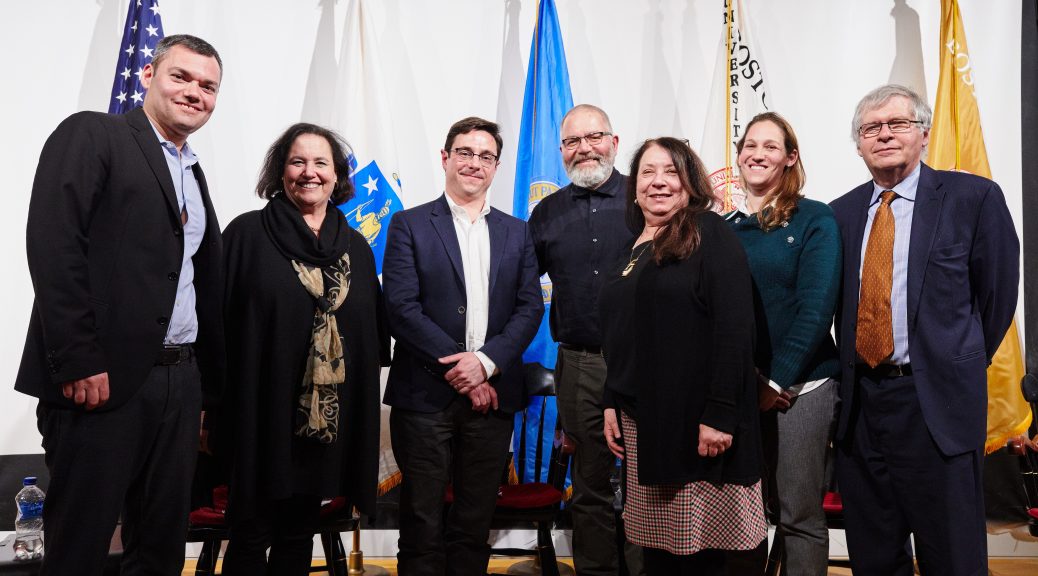
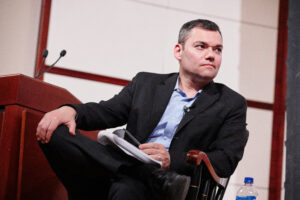
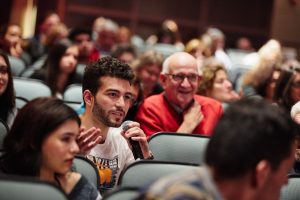
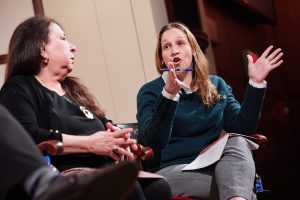
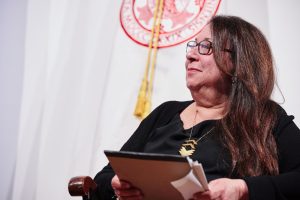
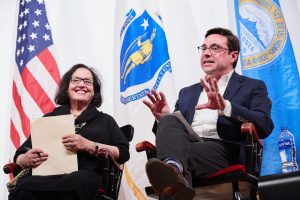
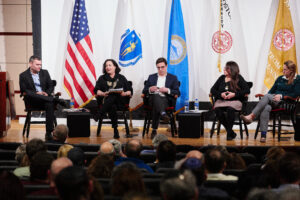
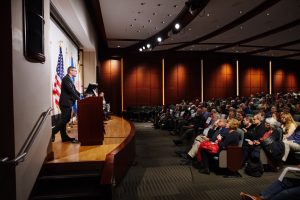
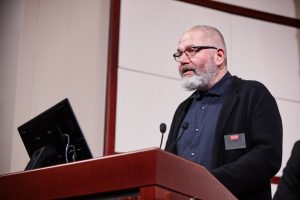
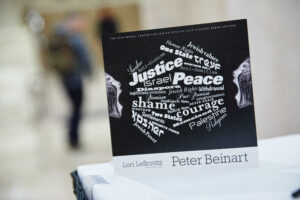
This blog is very amazing your texas benefitsi